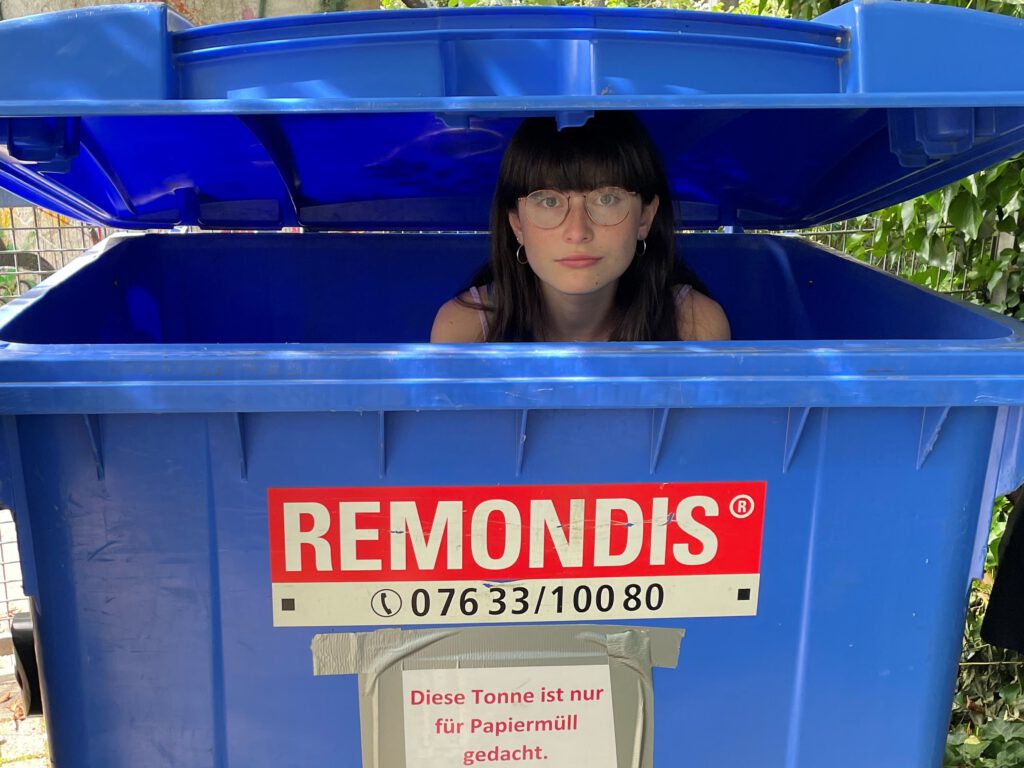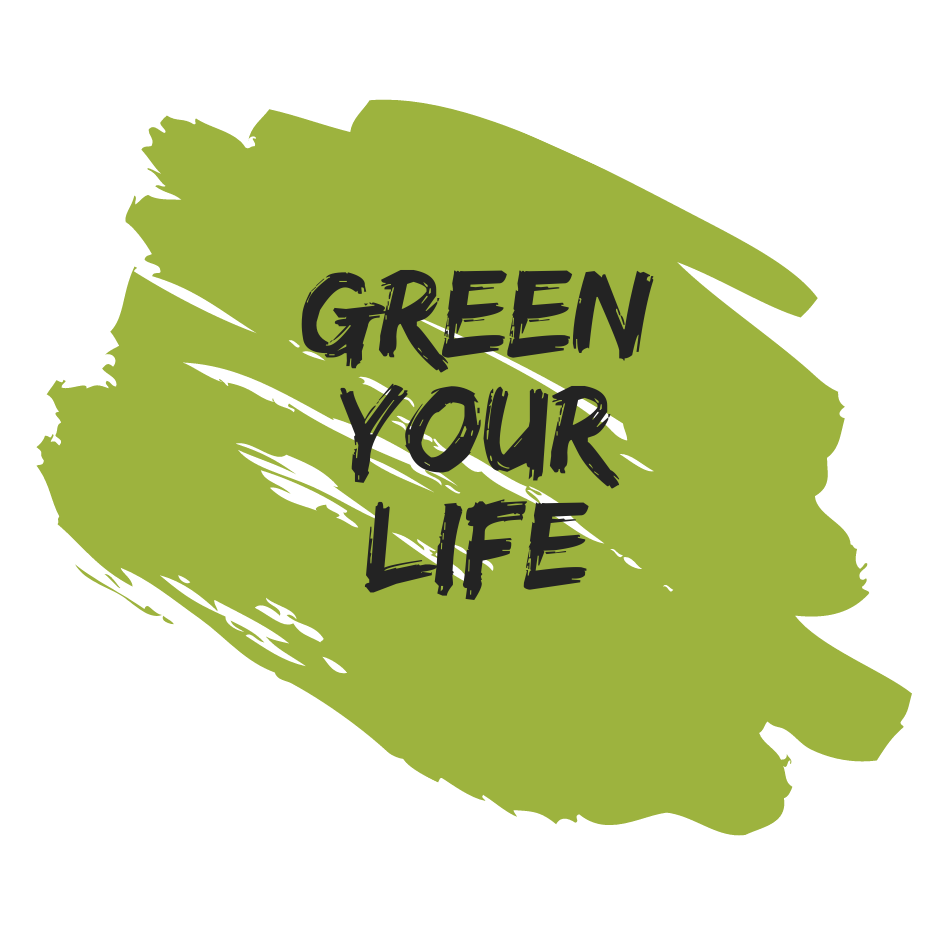How one evening watching a Netflix documentary can open your eyes.
Hamza Bouhjiti, Leah Dümmler, Eva Goldbach & Anuschka Torschl
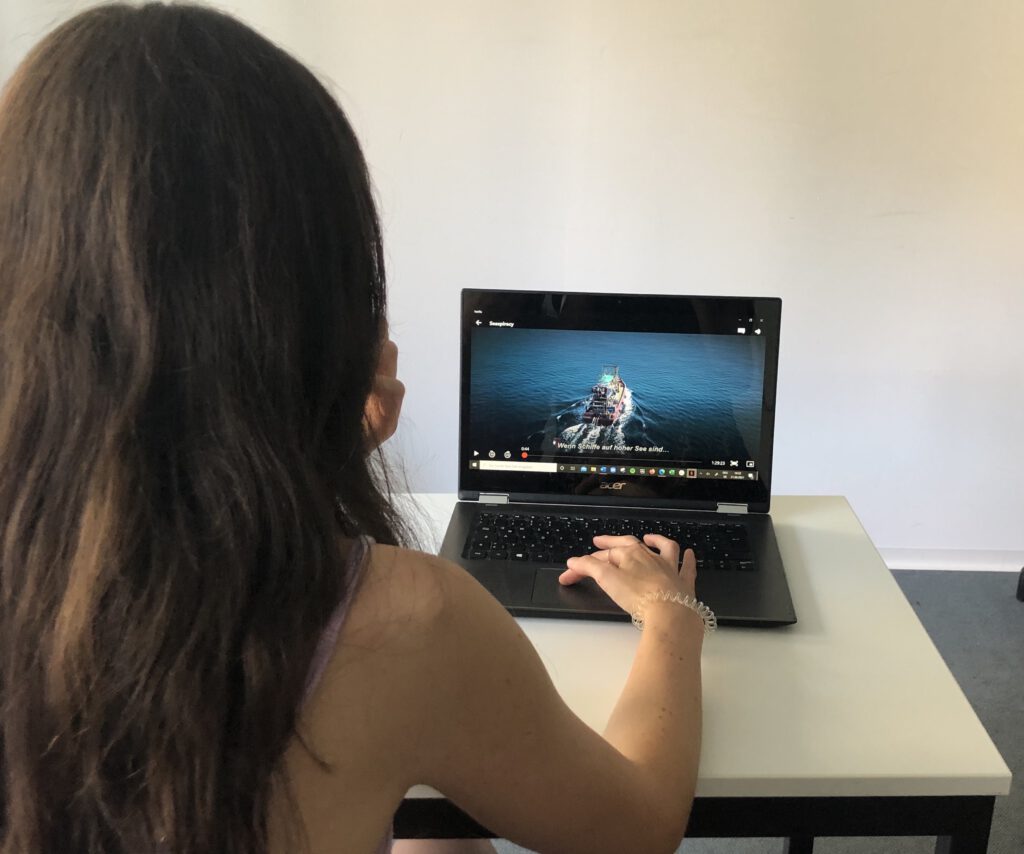
It is may, the pandemic is still going on and after months of social distancing and not having the chance to demonstrate for climate justice, everyone was seeking new input. So did Anni. As well as many others, she discovered a new documentary on Netflix: Seaspiracy. A documentary about the ocean and fishing caught her attention, but she would not have expected it to be that shocking. ”I was speechless and I decided to stop eating fish”.
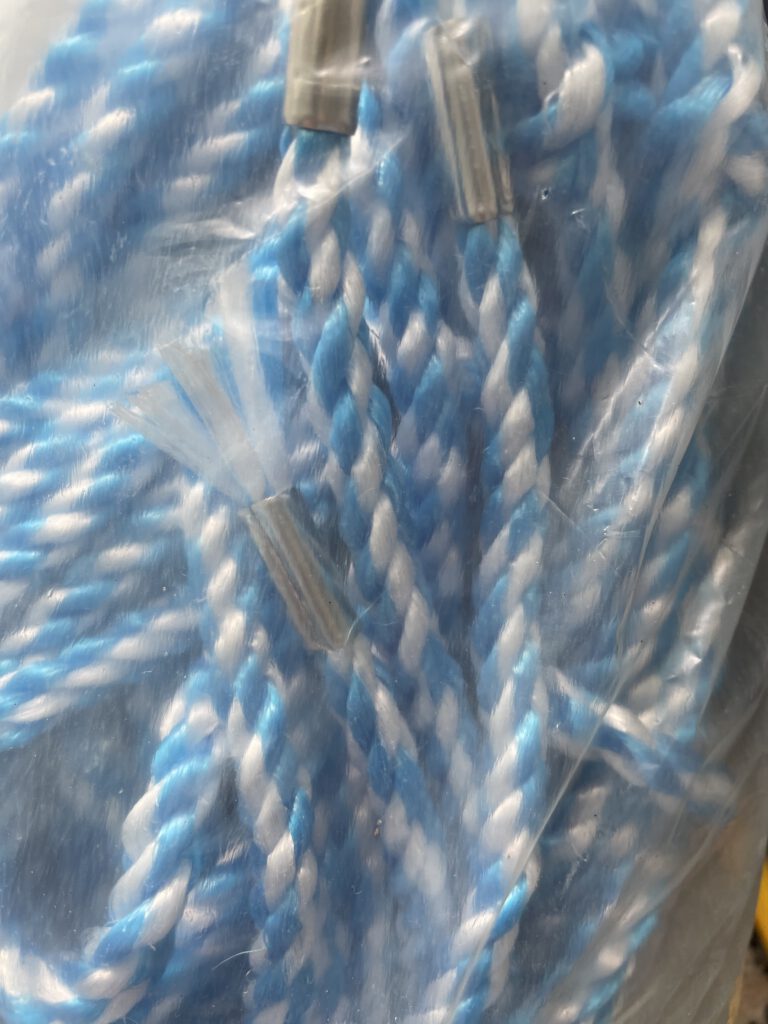
“It’s unbelievable that even in the 21st century people are being kidnapped, tortured and forced to work.”
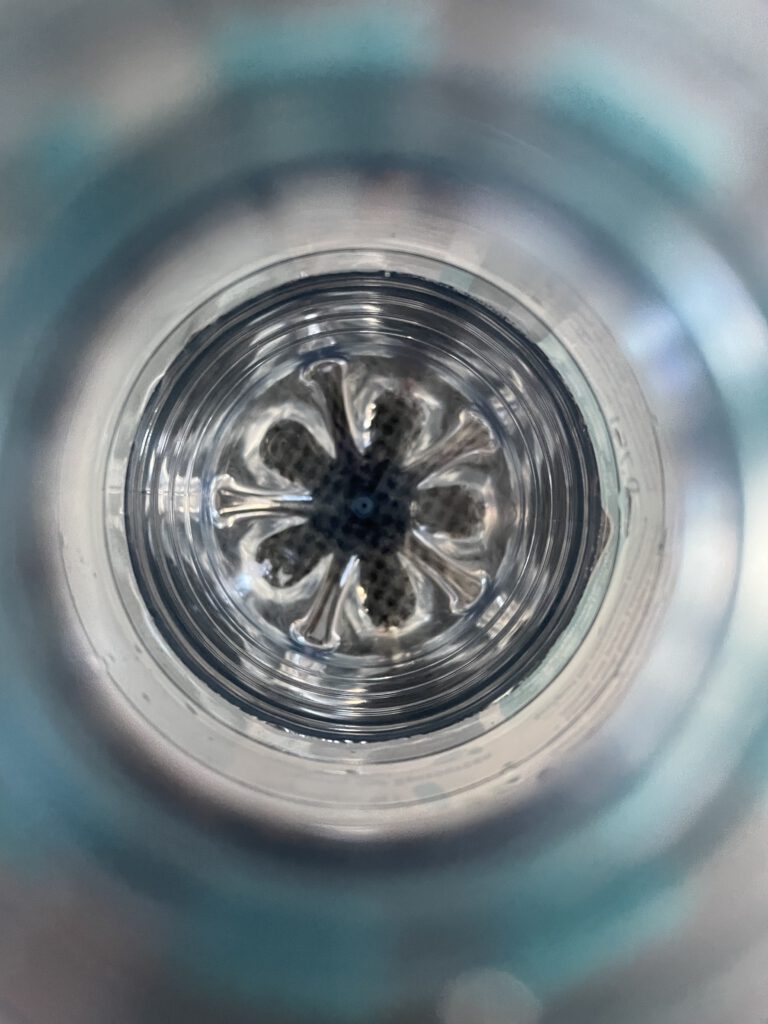
Instead of showing the beauty of the ocean, the documentary showed the dark side of the sea. Dolphins being killed without reason, slavery in the fishing industry, and industrial garbage in the ocean – those were only some of the topics that were mentioned. Especially the exploitation of labor power in Thai waters was horrifying for Anni: “It’s unbelievable that even in the 21st century people are being kidnapped, tortured and forced to work.”
Already being a flexitarian for quite a long time, Anni realized that it was not enough. While everyone is paying attention to living as sustainable as possible, the pollution of the ocean mostly caused by the fishing industry is often forgotten. Even though the ocean is absorbing more than ⅓ of the human made Co2, people tend to focus much more on protecting the land including the species living there than the marine life.
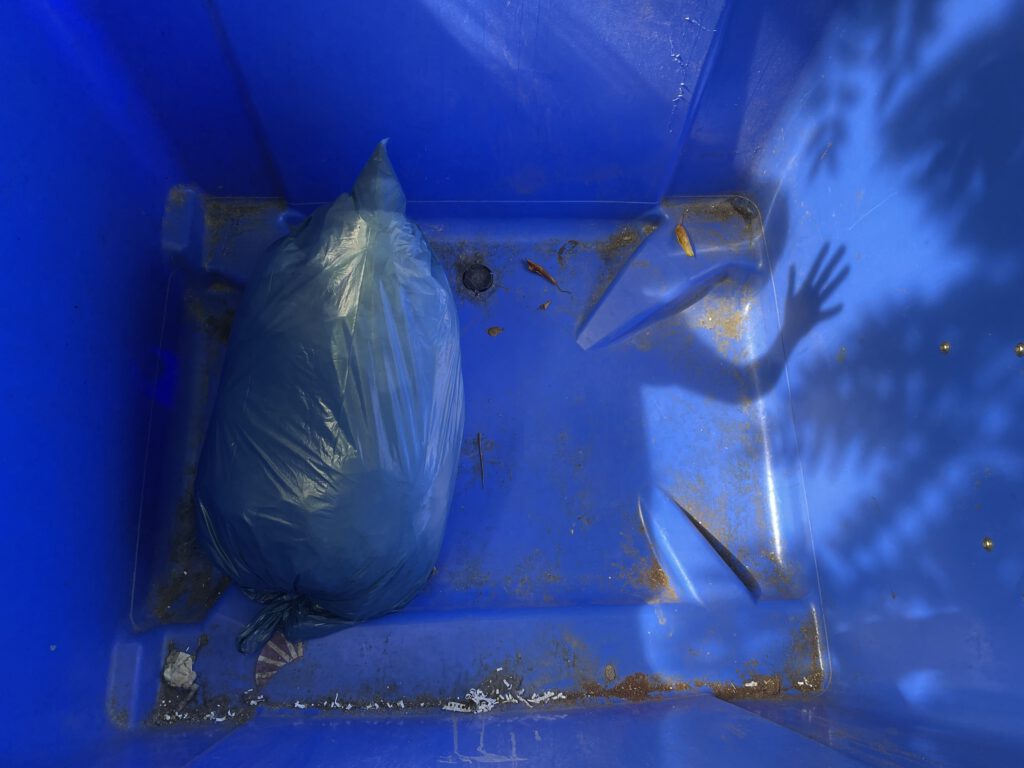
“After watching the documentary, I changed my habits but that’s not enough. Politics and the fishing industry have to act to make a change.”
Watching Seaspiracy made Anni realize that ocean pollution is a big issue. While Netflix documentaries are often criticized as being too dramatic and not fully evidence-based, they still reach a big audience. The emotional approach to the subject created an awareness of the ocean which did not exist before and made people start to rethink their habits. Therefore, Anni decided to overlook the dramatic Netflix-style and started being more conscious, eco-responsible and alert. “After watching the documentary, I changed my habits but that’s not enough. Politics and the fishing industry have to act to make a change.”
